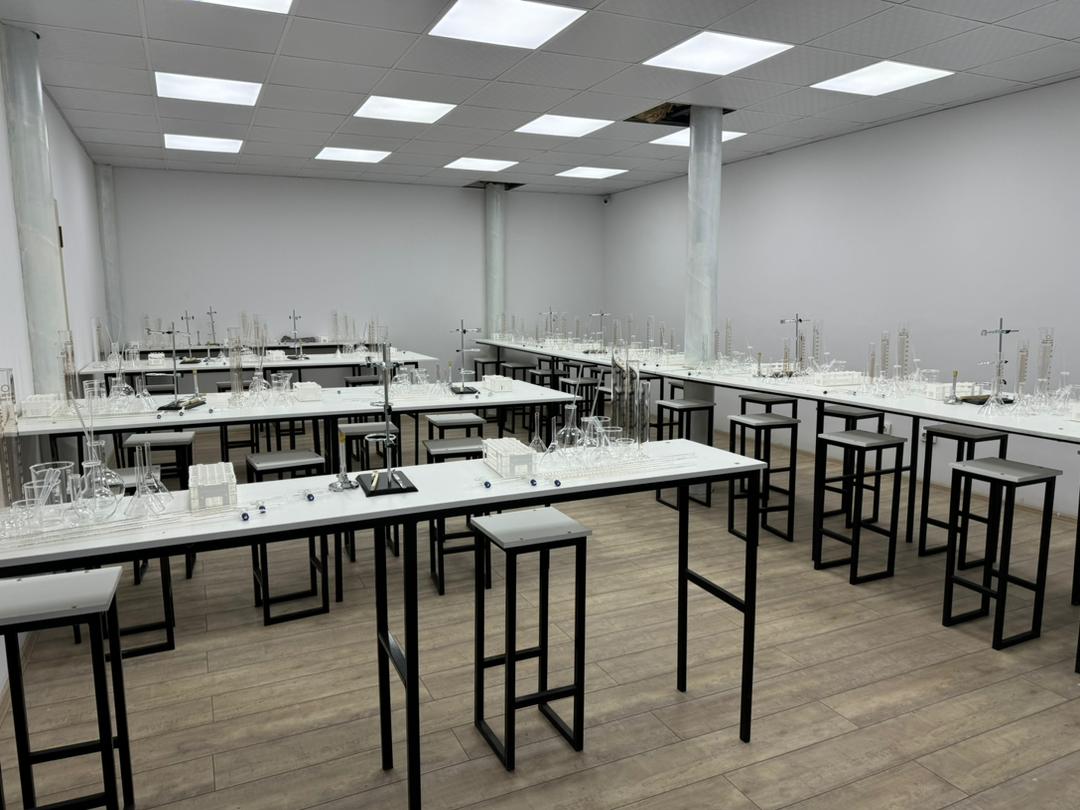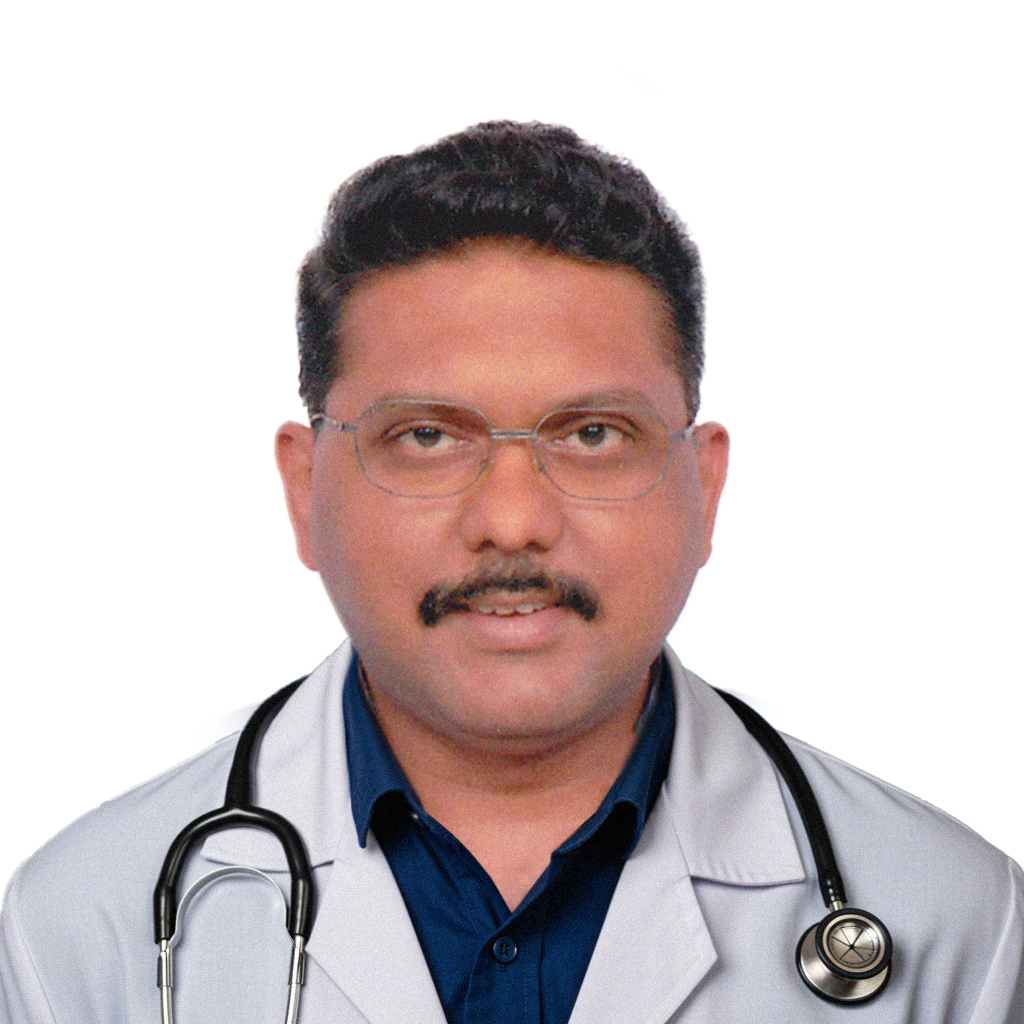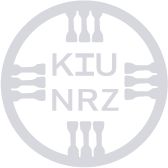Department of Physiology
The Department of Physiology at KIU-NRZ equips students with a deep understanding of how the human body functions in health and disease. Through interactive lectures, laboratory experiments, and case-based learning, the department builds a strong bridge between basic sciences and clinical medicine.
Well equipped & spacious laboratories
- Clinical Laboratory
- Hematology Laboratory
- Mammalian Laboratory

Team

Dr.Harish Tiwari,
MBBS, PGCert Clinical Research
Lectures

Dr. Aparna Reddy,
MBBS
Tutor

Dr. Damel Lakshmi,
MD, PhD (Medical Psychology)
Visiting Faculty

Dr .V.Sarath Babu,
MD (Physiology)
External Examiner
Departmental / Course Objectives
- Describe normal systemic functions, regulatory mechanisms, and inter-system interactions.
- Explain each organ system's contribution to homeostasis.
- Elucidate physiological aspects of normal growth and development.
- Analyze physiological responses and adaptation to environmental stress.
- Comprehend physiological principles behind disease pathogenesis and treatment.
- Correlate reproductive physiology with the National Family Welfare Program.
- Conduct physiological experiments.
- Interpret experimental and investigative data.
- Distinguish normal from abnormal data from clinical examinations and lab tests.
- Recognize and utilize advanced physiological instruments (e.g., medspiror, semen quality analyzer, EMG, TMT).
1. Integrate normal physiological functions with anatomical structures, biological bases, clinical features, diagnosis, and therapy, both horizontally and vertically across organ systems.

Competency Framework
- Total Topics: 12
- Total Competencies: 136
- Total Practical Sessions Suggested: 11
- Certification Required: 11
Instructional Delivery
Theory
- Interactive Lectures
- Small Group Discussions (SGDs)
- Self-Directed Learning (SDL)
Practical Skills
- Structured practical instructions
- DOAP Method
Assessments
• Methods: Theoretical (online exams), Practical/Clinical & viva voce.
• Scheduling: daily or weekend exams
• Passing Criteria: >50% in both theory and practical.
• Methods: Theory (Pen-and-paper), Practical/Clinical, viva voce. Logbook Assessment & Professional Development Program (AETCOM):
• Scheduling: mid-semester & semester-end exams.
• Passing Criteria: >50% in both theory and practical.
• Methods: Theory (Pen-and-paper), Practical/Clinical, Viva/Oral & CBME Components Assessment.
• Scheduling: End of MBBS I
• Passing Criteria: > 50% separately in Theory and in Practical in each exam per phase.
- Pasing Criteria: > 50% of the grand score per subject.
- Weightage of the grand score per subject:
-
- University/SA: 60%
- Process assessment: 40%
- Weekend exams (FFA) ➝ 10%
- Mid-semester exam & & semester-end exam (IA) ➝ 10%
- General performance (assignments, seminars, case presentations, problem-solving, community projects, quizzes, competency certifications, museum study, logbooks, and SDL skills) ➝ 10%
- Practical/Clinical performance ➝ 10%


Grading
Letter Grade | Grade Point | % of Marks |
O (Outstanding) | 10 | 86-100 |
A+ (Excellent) | 9 | 70-85 |
A (Very Good) | 8 | 60-69 |
B (Good) | 7 | 55-59 |
C (Above Average) – Passing criteria | 6 | 50-54 |
F (Fail) / RA (Reappear) | 0 | Less than 50 |
Ab (Absent) | 0 | - |
NC (Not Completed) | 0 | - |
RC (Repeat the Course) | 0 | 0 |
Recommended literature
Textbook:
- Pal GK, Pal P, Nanda N. Comprehensive Textbook of Medical Physiology. 3rd ed. New Delhi: Jaypee Brothers Medical Publishers; 2024.
- Jain AK. Textbook of Physiology. 10th ed. New Delhi: Arya Publishing Company; 2023.








